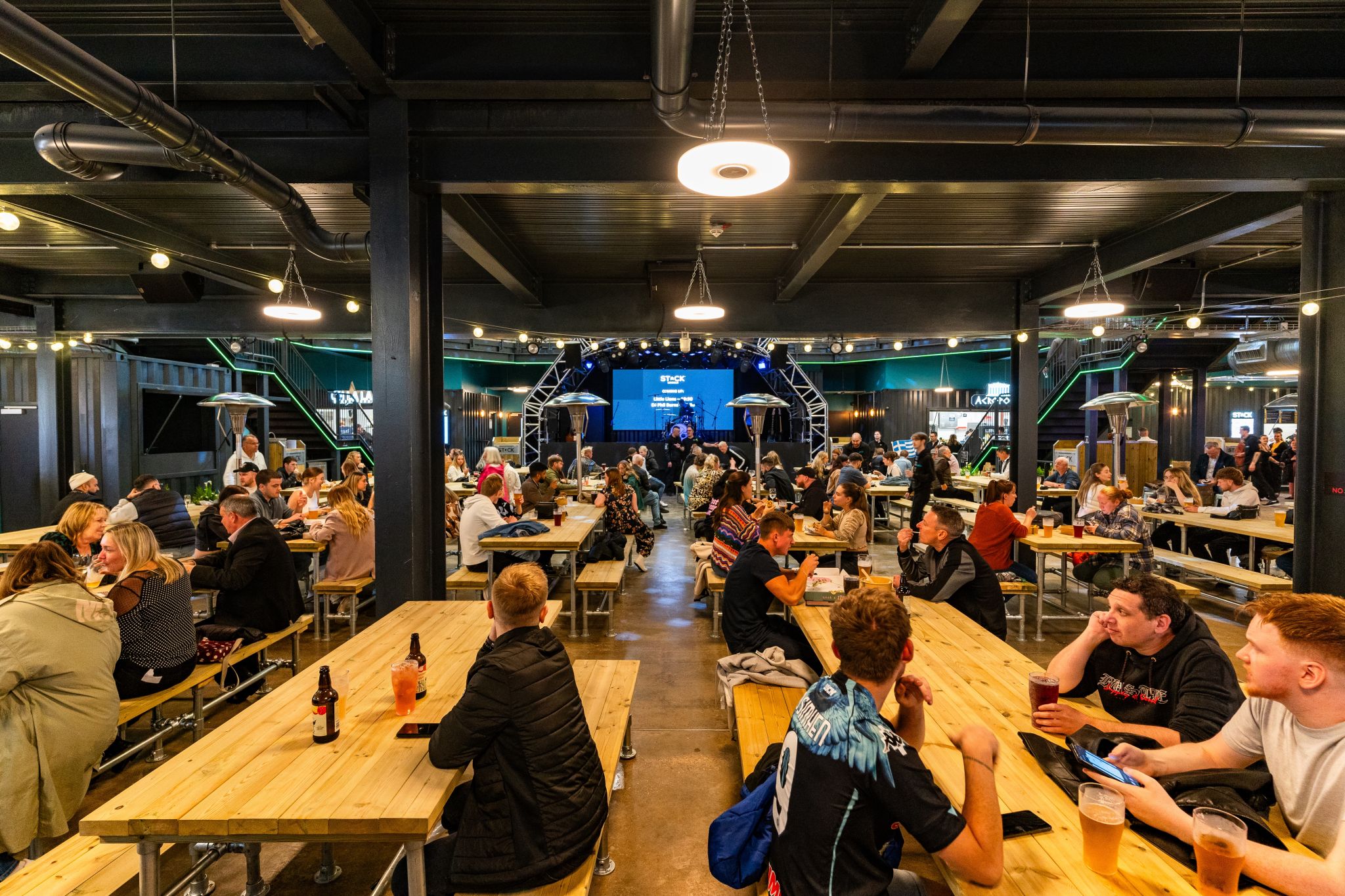Did you know that “left behind towns” is a thing? We suggest you go and see some and get real about the conditions some people have to live with. Hope is virtually non-existent, civic pride is very weak and people are struggling. Even the social landlords are suffering as a result of the desolate places -nobody wants to live there.
Over decades many neighbourhoods have become “Left Behind”. Austerity has impacted further, to the point where it seems most have given up on them. Decades of uneven investment, closure of facilities, withdrawal of services, state retrenchment, and high levels of socio-economic inequality have left many places and people economically and culturally peripheralized. Now that Labour is in power, will this mean funding will now be moved into those deprived areas, that need it most?
Firstly, what determines a “Left Behind” neighbourhood? www.LocalTrust.org defines it as places which face the double disadvantage of high deprivation and a lack of social infrastructure. They commissioned the Oxford Consultants for Social Infrastructure (OCSI) in 2018 to explore the difference that Social Infrastucture might make in Deprived Communities, with the original research identifying 206 left behind neighbourhoods across England. However, a 2020 update taking account of the Index of Multiple Deprivation, showed that 225 fell into this category.
We see many neighbourhoods that have lost much of their binding infrastructure, such as community centre, libraries, youth centres, housing offices, police offices etc. This is compounded by the loss of other key players, such as local churches and banks and other businesses. In some instances, the only binding social infrastructure that remains is a local primary school.
What is meant by the term “Left Behind.” It’s a description of areas that haven’t received their fair share of available investment and so lack the services and facilities that many of us take for granted. These services & facilities help to connect people, community and places, helping them to prosper. (Source: https://localtrust.org.uk/policy/left-behind-neighbourhoods/)
A visual Guide to “Left Behind” Neighbourhoods and a list of where they are, can be found here! (https://communitywealthfund.org.uk/wp-content/uploads/2021/04/Understanding-left-behind-neighbourhoods_final.pdf)
The terminology may have changed under Labour from “Levelling Up” to “Power Up,” seeking to provide a framework for devolution throughout England but is devolution enough and are these just more of the same – empty promises? How do the residents feel about it? There appears to be a distrust of local politicians with some residents feeling the term “left behind” is an accurate one, while others feel the term “left out” more appropriate however, they also expressed what they felt to be a certain level of dissonance – many felt unfairly labelled by external parties, who do not understand the strengths, complexities and nuances of their communities feeling they are not deprived but “deprived of “services”.
So, what is the plan from Labour to revive these neighbourhoods and can it work? The recession under the Conservatives has taken its toll on small businesses and consumers, raising the cost of living with high energy bills and increases in mortgage and rent payments. Labour have a 5-year plan to revive the High Streets which is a start:
- Tackle anti-social behaviour and shoplifting
- Roll out banking hubs
- Replace business rates
- Stamp out late payments
- Revamp empty shops, pubs and community spaces
Shoplifting has increased 30% in the last 12 months as has antisocial behaviour. This leads to businesses closing down and consumers looking to shop elsewhere-somewhere they feel safe. Labour plans to bring back 13,000 more police and neighbourhood PCSO’s, covering costs by removing the £200 rule i.e. only investigating shoplifting over £200 even if the gang keeps coming back again and again. (Source: https://professionalsecurity.co.uk/news/case-studies/review-of-2023-the-strange-tory-200-rule/). They will also recoup money by reducing outside contracts.
Both businesses and consumers have also suffered due to the lack of high street banks. Labour’s plan is to rollout face to face banking hubs with costs being met by the banks. This should give a boost to and benefit the whole community.
There’s a plan to replace business rates with a fairer system of business property taxation, rebalancing the burden taken by shopkeepers providing a level playing field between the high street and online businesses. They are also taking into account that small businesses are forced to wait months for payment by large clients and will change laws to prevent late payments being made. As anyone knows running a small business cash flow is key, and client payments feed that.
Finally, they plan to give communities the right to buy community assets. This should reduce the amount of empty boarded premises, bringing some life back into the high street.
(Source: https://www.bbc.co.uk/news/articles/c3ggvy1rn6qo)
(Source: https://labour.org.uk/updates/stories/plan-to-breathe-life-into-britains-high-streets/)
What is needed now? Actions speak louder than words – Labour has promised to overhaul business rates but as, yet they haven’t specified the exact plan. However, they are only two months into taking over from the last government and making changes is no mean feat. Councils still face a funding gap of £6.2 billion over the next two years with many on the brink due to spiralling social care and temporary accommodation costs adding to the financial pressures.
Devolution will play a big part as the power would be handed down to local government, who have a far better idea and understanding of what their neighbourhoods need. How fast this happens is anyone’s guess as no one yet knows what Labour will actually do but it is hoped that to achieve their employment.
But…it is essential that consultants brought in to help, truly understand the social issues and can find ways to resolve them. This is not simply a built environment solution; the local people need to be given back “hope” and to be fully involved in helping to shape a better future.

